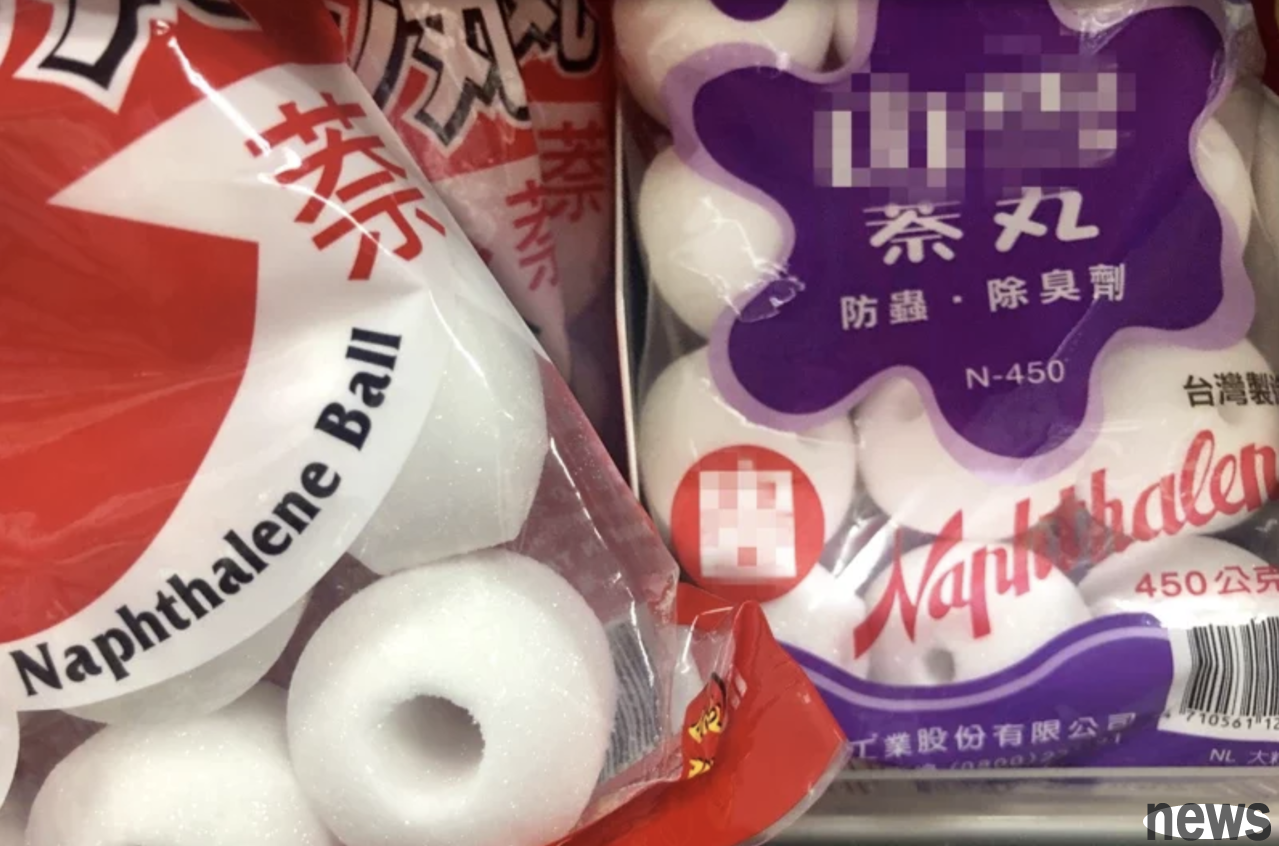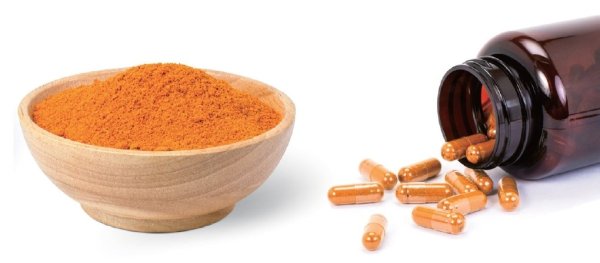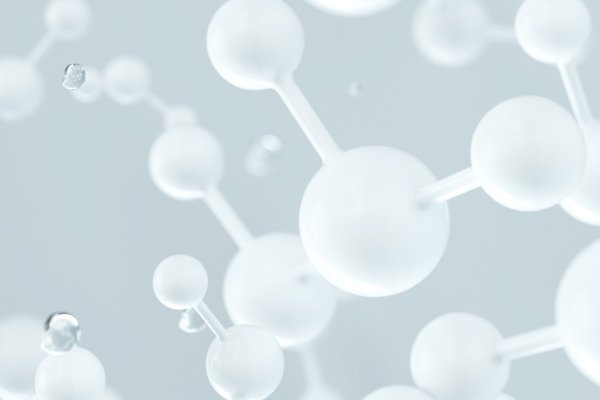Zhangqiang Pills actually do not contain camphor! The professor revealed that the true camphor is fragrant and non-toxic, while camphor is both smelly and poisonous

Reader Jack Liu used this website to contact me on May 4, 2024 to inquire:
Professor, you have written an erectin before, but basically no research has been made that there is too much risk. However, another type of deworming deworming planted in the garment cabinet - dichlorobenzene. Online inspection said that there are carcinogenic risks in animal research and may cause cancer to people. So basically, is this ingredient not recommended to be used for a long time? Taiwan is humidified, and the deworming cabinet is prone to mites and squirts. The cost of removing the moisture deworming machine is not low, and it is more convenient to release deworming agents. There are fewer products for deworming products in Taiwan and the price is slightly expensive. Other deworming products are dichlorobenzene and even worse naphthalene pills. Thank you.The "Arthrin article" mentioned by reader Jack Liu is the electronic mosquito coil I published on March 11, 2019. Is it harmful? One of the passages is: "There are some cases of "Arthrin" causing harm to humans in medical literature, but these cases are accidental or self-kill (touching the skin or drinking it into the stomach). In other words, there are currently no cases where "thramid" causes harm to humans under normal use. 』
Reader Jack Liu called "the cervical detoxification in the garment cabinet - dichlorobenzene" is commonly known as "camphor", but its main component is "camphor" (1,4-dichlorobenzene), not "camphor".
I think most people have the impression of "Zhangqiang Pills" as "very smelly". However, in fact, "camponia" itself is "very fragrant". For example, the popular Wanjin oil, green oil, and white flower oil all contain camphor. When I was young, I often used them to refresh myself (under my nose).
Unfortunately, "Zhangjiao" has been stigmatized by "Zhangjiao Pills". In fact, the familiar "stinky pills/Zhangjiao pills" do not contain "cangjiao" at all, but contain "naphthalene" (Naphthalene) or "dimene chloride". (Note: The Taiwanese term for "Zhangqiang Pills" is "stinky pills")
The early "stinky pills/Zhangqiang Pills" contain "naphthalene". However, since "naphthalene" is flammable, it was later replaced by "diphenylbenzene". What is pricked is that "dichlorobenzene" is still flammable, but it is relatively low.
In fact, "naphthalene", "dichlorobenzene" and "campin" are all flammable, and this is because they are all oils that "successfully". In chemistry, "shenghua" means "directly transforming from solid state into atmosphere" (that is, not over liquid state). In high temperature environments, high concentrations of gases will catch fire.
Also, although some people call "Zhangjiao Pills" or are regarded as cyst drivers, they cannot drive cockroaches or mosquitoes, whether they are "naphthalene", "dimethylene chloride", or "Changjiao".
"Zhangjiao Ball" is mothball in English, and the name "Siyi" is a meatball used to prevent moths (moth = moth; ball = ball, meatball). Interestingly, since mothball is usually used to maintain long-term objects, this word leads to nouns, verbs, and adjectives that have the meaning of "seal". The Broadcast Dictionary provides dozens of example sentences for this usage, such as One may be able to mothball plants, but one cannot mothball workers— who are the greatest asset of any company (we may be able to seal factories, but we cannot seal workers - because they are the most precious assets of any company).
Regarding the health effects of "Zhangqiang Pills" on health, the Department of Health in Louisiana, USA has published What You Should Know About Mothballs: "Zhangqiang Pills are usually made of naphthalene or dichlorobenzene. These two substances are toxic to humans. These chemicals are solid at room temperature and are made into round balls, sheets or lumps. They slowly turn into gases, forming smoke in the air. ”
The U.S. Environmental Protection Agency also published a health hazard of "dichlorobenzene": "The main contact of 1,4-dichlorobenzene is respiratory contaminated indoor air. Humans can irritate the skin, throat and eyes through acute (short-term) inhalation. 1,4-dichlorobenzene has an impact on liver, skin and middle neurologic systems. There is no information on 1,4-dichlorobenzene's impact on human reproduction, development or carcinogenicity. A study report by the National Toxicology Program (NTP) claims that 1,4-dichlorobenzene can cause kidney tumors in male rats and liver tumors in both mice by strong sterilization (expertally placed chemical substances into the stomach of mice). EPA has C The substance may be human carcinogens."
As for what reader Jack Liu said, "It is more convenient to release cervical dehydrating agents, with fewer products and slightly more expensive cervical dehydrating products", I must say that cervical dehydrating can only "removal dehydrating" (such as mosquitoes) and cannot "removal dehydrating", so it cannot replace "Zhangjiao Pills".
In short, "Zhangjiao Pills" made of camphor is fragrant and non-toxic, but "Zhangjiao Pills" made of naphthalene or dichlorobenzene are both smelly and poisonous.
Original text: Zhangqiang Pills: Toxicity and InterestingResponsible editor: Gu Zihuan




